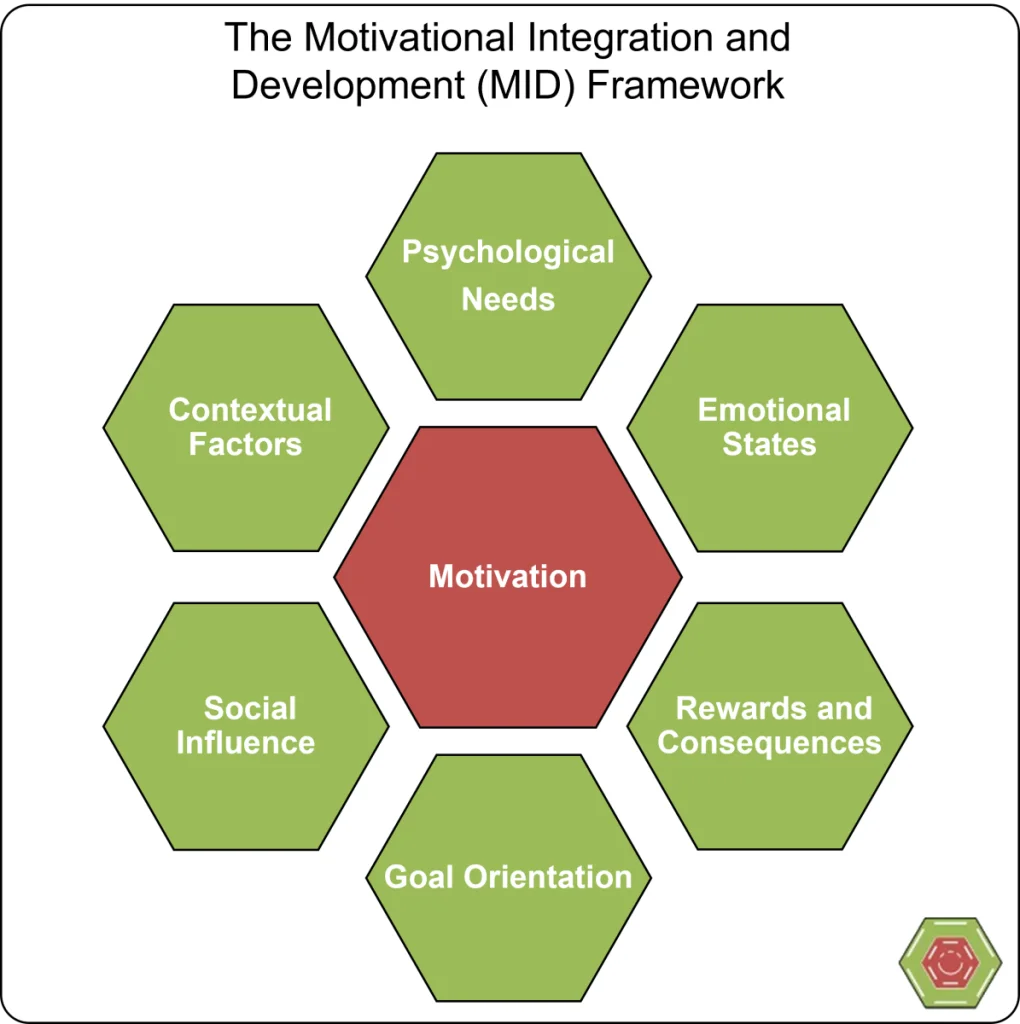When people talk about gamification, it is pretty certain the word “motivation” will pop up. “We want to engage and motivate our people, gamification is definitely going to be the answer for that!”.
The trouble here is that gamification is AN answer, not always THE answer.
People lack motivation in job for a number of reasons, often self perpetuating reasons. Whatever their reason, they are often viewed as poor at their job and an irritant. It is easier to view low motivation as an issue with an individual than with the company or setting.
Take Joe. He sits at his desk all day and does a good job maybe even great, however – he is never happy. He looks down, he shuts himself off from the rest of the team and just gets on with it.
People start to ask “Joe is miserable in work, what can we do about him?”. The answer that comes to most is to confront the employee about their lack of motivation or enthusiasm towards their role and tell them off, or make them feel they are a nuisance. Comments like “No one feels they can approach you” or “you just sit there with your head down and don’t interact” are used as some kind of reverse psychology. They think that will make Joe suddenly go “By god, you’re right – I will approach everything totally differently now, thanks for your words of wisdom”. What actually happens is Joe goes off and makes sure his CV is even more up to date than it was that morning (when he last updated it).
Another approach is to just ignore Joe. He won’t interact with us, so why should we interact with him. This is actually quite good for Joe – it gives him time to search for a new job and keep his CV and LinkedIn page up to date.
One approach that seems to be the least common is to ask Joe what is actually wrong. Now, depending on who does the asking and how they ask, the likely answer is “Nothing, I’m fine”. However, if you get the timing and the person right, Joe may open up. If it is a personal matter, then that is one thing and has to be handled very carefully. If it is to do with the job, then there are things that can be done. Joe may have hit a point where the job no longer stretches him – he is looking for a new challenge. He may have decided that the job he is doing is really not the right job after all and he would love to try something else but feels trapped. He may feel that he has been forgotten about by management.
Whatever the problem is, how you approach solving it will determine if you keep Joe or not. You employed him because he was the best at doing something that you needed doing, do you really want to lose him because of something that could be fixed?
However you choose to fix Joe’s problems, be it better training, helping him find a more fulfilling role, allowing him to do charity work – I will guarantee you this now. Gamify his role and you will see such a drop in his productivity and motivation that you will be forgiven for thinking he had left the company – something that will not be far from happening.
Similar Posts:
- Collection of gamification thoughts from the last few weeks
- The Motivational Integration and Development (MID) Framework
- More on Gamification and Careers





1 thought on “Making motivation worse with Gamification”